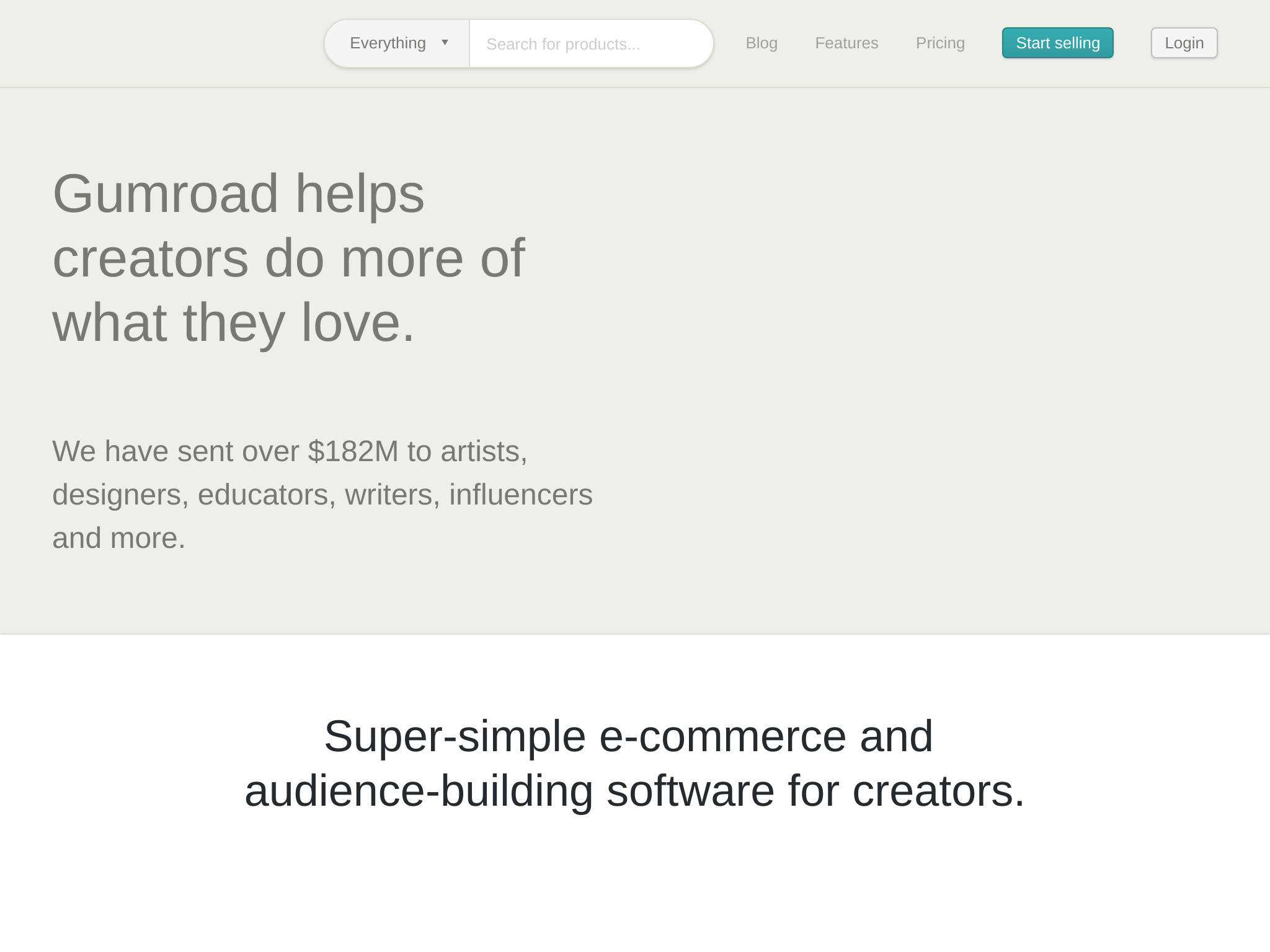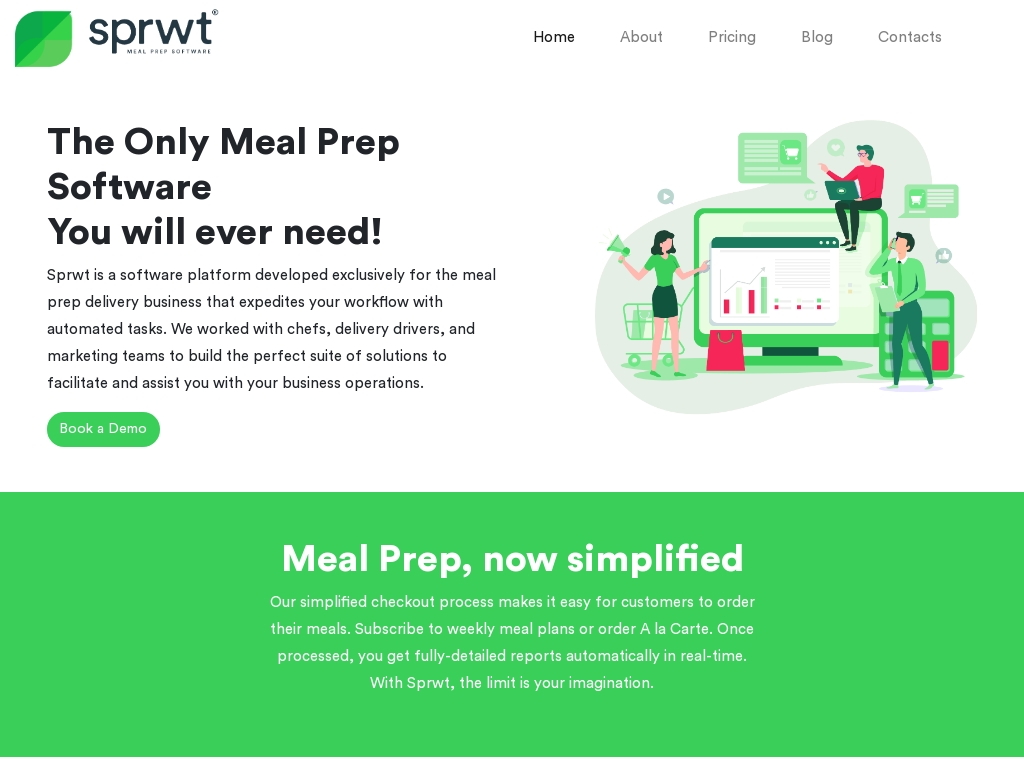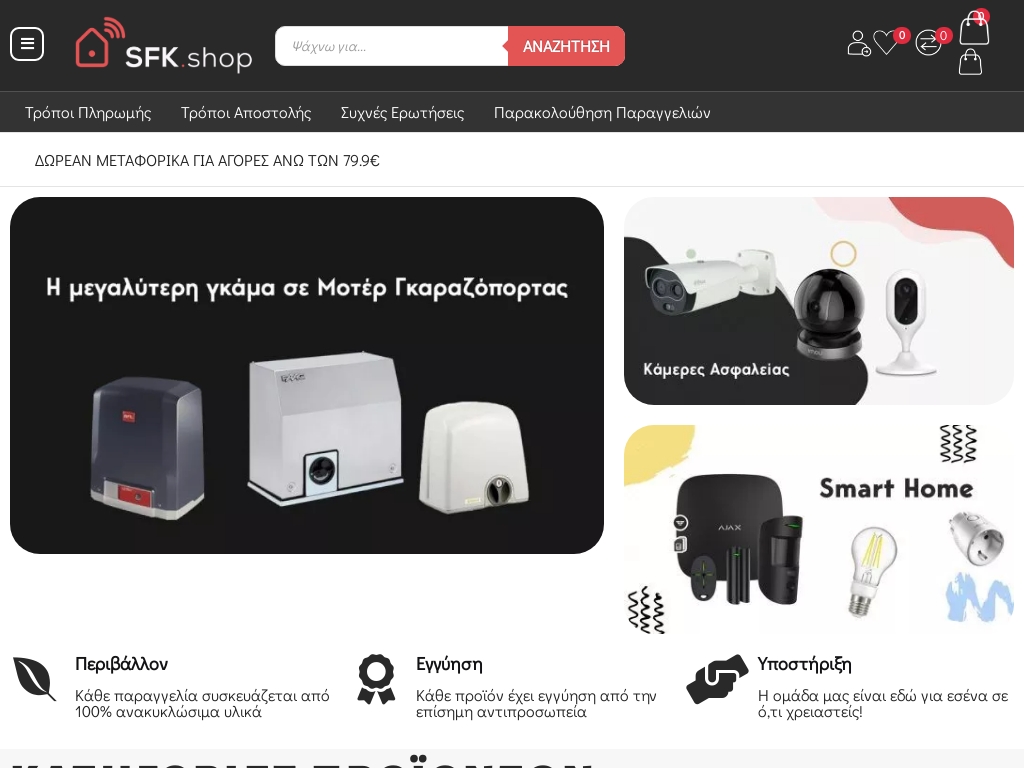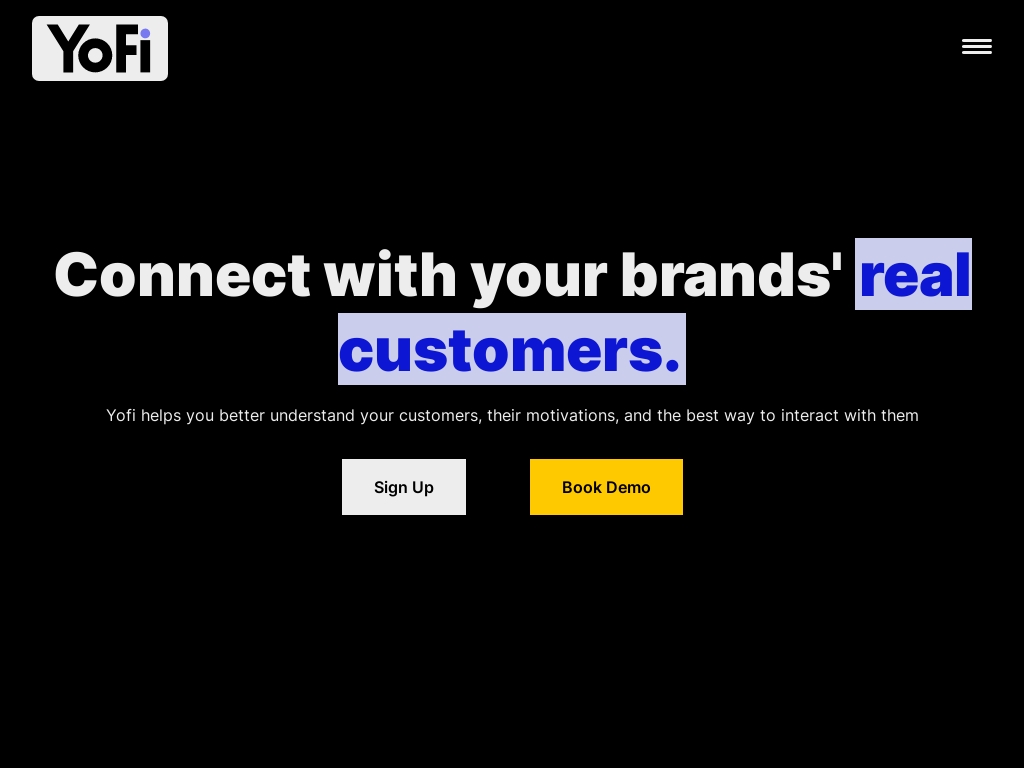
6 Ecommerce Tool Success Stories [2025]
In today’s fast-paced digital age, businesses need effective tools to thrive online. Consider developing an ecommerce tool. This business idea revolves around creating software that helps online stores automate, optimize, and simplify their operations.
The tool could encompass features like inventory management, sales analytics, marketing automation, and customer relationship management—all essential for boosting ecommerce efficiency. By solving common pain points for online retailers, you create a product in high demand.
Crafting an ecommerce tool requires an understanding of the market, technical expertise, and dedication to continuous improvement. However, the effort can be rewarding as businesses are constantly seeking ways to streamline operations and increase sales. An ecommerce tool not only provides a practical solution but also positions you at the core of a thriving digital economy. If you’re ready to dive into the world of software development with a strong market pull, this could be your next venture.
In this list, you'll find real-world ecommerce tool success stories and very profitable examples of starting a ecommerce tool that makes money.
1. Gumroad ($21.2M/year)
Sahil loves building stuff. He really enjoyed the process of taking a problem coming up with a solution, and then shipping a prototype of that solution to see how good his concept was. Before finishing college he had already shipped a dozen products. Most of the time, they weren't that great.
But sometimes something works out really well, and then he has to decide if he actually wants to work on the idea some more. Very rarely, the answer is yes. That was the case with Gumroad. The question at its core was really compelling to him: How easy could one make it to sell something?
How much money it makes: $21.2M/year
How much did it cost to start: $0
How many people on the team: 17


Learn how Sahil Lavingia grew Gumroad from a weekend project into an e-commerce powerhouse generating $21.2 million annually, using nothing more than elbow grease and cold emails to drive their early growth.




2. Sprwt ($1.2M/year)
Sprwt's founders, Michael Rapoport and Rui Marinho, stumbled upon the idea for their business when they were tasked with creating a system for a startup looking to bring healthy meal delivery to Europe. After realizing the market wasn't ready, they returned to South Florida with a software platform and were surprised to find that several companies wanted their system. From there, they built Sprwt, a meal prep software platform that generates over $1 million in revenue per month.
How much money it makes: $1.2M/year
How much did it cost to start: $7.5K
How many people on the team: 9


Sprwt, a meal prep software platform, generated over $1 million in revenue per month by listening to customer feedback and incorporating creative solutions, such as pick-up locations and a route planning system, while also focusing on employee empowerment and training.




3. SFKshop ($216K/year)
Nick Sfikas, the 21-year-old founder of SFKshop, came up with the idea for his eCommerce store when he saw an opportunity to help his dad transition from his outside job as a garage door installer to a more comfortable job. With his background in web development and digital marketing, Nick saw the potential for a 7-figure business selling smart home appliances and garage door motors online. Despite facing challenges in the first 6 months, SFKshop is now turning over $17,000 a month and has plans to expand its product range and increase its marketing efforts in 2021.
How much money it makes: $216K/year
How much did it cost to start: $1.5K
How many people on the team: 3


A 21-year-old student from Athens who runs an eCommerce store selling garage door motors in Greece has managed to achieve a turnover of $17,000 a month despite being only 6 months old, which he hopes to boost through increased growth of garage door accessories under his own brand.




4. Yofi ($120K/year)
Jordan Shamir, co-founder of Yofi, came up with the idea for the business after struggling to buy sneakers and concert tickets at reasonable prices due to bots buying them up. As former sneaker botters themselves, Shamir and his co-founders decided to leverage their knowledge to help brands fight against bots and create meaningful relationships with customers. Yofi has already stopped 51 million bot checkouts and has garnered impressive results for its customers, including a 67% increase in clickthrough rate and a 12% growth in customer lifetime value.
How much money it makes: $120K/year
How many people on the team: 6


Yofi co-founders Jordan Shamir and Alex helped some of the largest brands in the world fight against resale bots, leading to the development of their customer identity platform that has stopped 51 million bot checkouts and acquired hundreds of new customers per month.




5. Ecomtent ($95.5K/year)
Max Sinclair met his co-founder at a founder speed dating program in Toronto. Seeing the potential of Stable Diffusion's AI for e-commerce, they launched Ecomtent, which now boasts a 25% MoM growth rate and $100K ARR.
How much money it makes: $95.5K/year
How many people on the team: 9

This case study is about Ecomtent, a company that enables e-commerce sellers to generate optimized product listings with AI, and highlights their growth at 25% MoM with $100K ARR and their plans to expand their product offerings.




6. SuperJack ($1.4K/year)
The founder discovered that many merchants using Squarespace forums and Facebook groups were requesting to receive orders directly to a Google Sheet without the need for manual exporting every day or week. After conducting some research, he came across a no-code tool that allows users to connect and automate repetitive tasks using different APIs. He recommended the tool and realized the high demand for it, which led him to create his own tool.
How much money it makes: $1.4K/year
How much did it cost to start: $2K
How many people on the team: 1


SuperJack, a Squarespace extension for eCommerce owners, was launched 30 days ago, and is currently at $117 MRR with 14 users, and the founder shares his process of building the business from identifying the problem to developing and launching the product.





Download the report and join our email newsletter packed with business ideas and money-making opportunities, backed by real-life case studies.

Download the report and join our email newsletter packed with business ideas and money-making opportunities, backed by real-life case studies.

Download the report and join our email newsletter packed with business ideas and money-making opportunities, backed by real-life case studies.

Download the report and join our email newsletter packed with business ideas and money-making opportunities, backed by real-life case studies.

Download the report and join our email newsletter packed with business ideas and money-making opportunities, backed by real-life case studies.

Download the report and join our email newsletter packed with business ideas and money-making opportunities, backed by real-life case studies.

Download the report and join our email newsletter packed with business ideas and money-making opportunities, backed by real-life case studies.

Download the report and join our email newsletter packed with business ideas and money-making opportunities, backed by real-life case studies.











